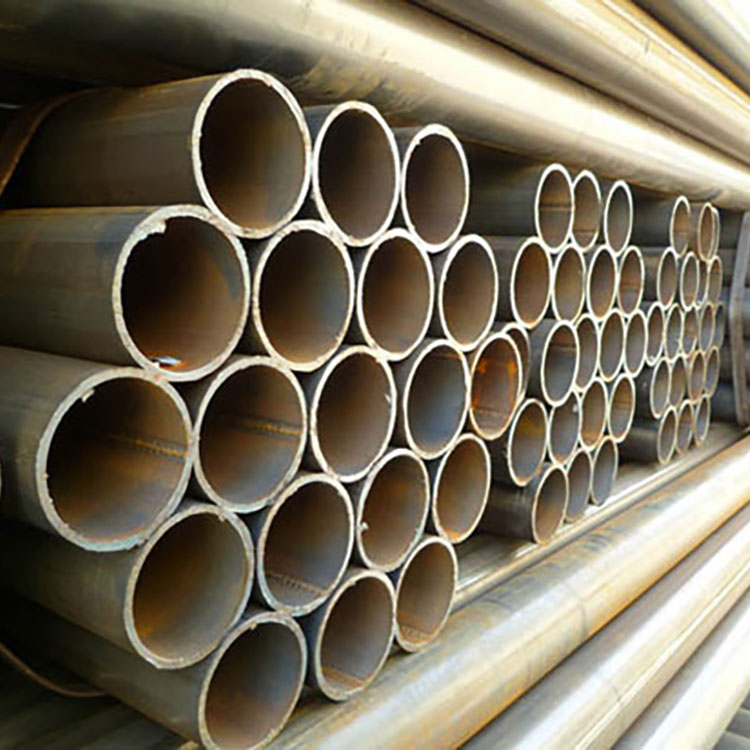The Steel Symphony: Embracing the Advantages of Steel Pipes Across Applications
2023-11-29
Introduction:
In the realm of construction, infrastructure, and industrial systems, steel pipes stand as stalwart conduits that bear the weight of our modern world. Robust, versatile, and enduring, steel pipes have become indispensable across a myriad of applications. Let's embark on a journey to unravel the main advantages that make steel pipes the preferred choice in diverse industries and projects.
1. Exceptional Strength and Durability:
At the heart of the steel advantage lies its inherent strength. Steel pipes boast a high tensile strength, making them capable of withstanding significant stress and pressure. This inherent durability ensures that steel pipes can endure harsh environmental conditions, heavy loads, and external impacts, outlasting many alternative materials.
2. Versatility in Applications:
Steel pipes flex their adaptability across a spectrum of applications. From plumbing systems to oil and gas transportation, structural frameworks to sewage systems, steel pipes prove their versatility. Their ability to conform to various shapes and sizes, coupled with a range of available coatings, allows them to seamlessly integrate into diverse projects.
3. Corrosion Resistance:
Corrosion is a persistent threat to many materials, but steel's innate resistance to corrosion is a game-changer. The application of protective coatings, such as galvanization, further enhances this resistance, making steel pipes a reliable choice in environments prone to corrosion, including underground installations and marine applications.
4. Long Lifespan:
Investing in infrastructure comes with the expectation of longevity, and steel pipes deliver. With proper installation and maintenance, steel pipes have an impressive lifespan, often exceeding that of alternative materials. This extended service life translates to reduced replacement and maintenance costs over the long term.
5. Ease of Installation:
Steel pipes bring a level of ease to the installation process. Their relatively lightweight nature, especially when compared to materials like concrete, simplifies handling and transportation. Additionally, the versatility in joining methods, whether through welding, threading, or couplings, facilitates efficient and straightforward installation.
6. Hydraulic Efficiency:
In fluid transportation systems, the smooth interior surface of steel pipes minimizes friction, enhancing hydraulic efficiency. This is particularly crucial in applications where the flow of liquids or gases is a critical factor, such as in water supply networks, irrigation systems, and oil pipelines.
7. Resistance to Extreme Temperatures:
Steel's resilience extends to its ability to withstand extreme temperatures. Whether exposed to high heat in industrial processes or facing frigid conditions in cryogenic applications, steel pipes maintain their structural integrity, making them suitable for a broad spectrum of temperature-sensitive environments.
8. Recyclability and Sustainability:
As sustainability takes center stage, steel pipes shine as eco-friendly options. Not only are they recyclable at the end of their service life, but the recycling process itself is energy-efficient. This commitment to sustainability aligns with the global shift towards environmentally conscious practices in construction and manufacturing.
Conclusion: Forging the Future with Steel Pipes
As we navigate the complexities of modern construction and industry, steel pipes emerge as silent heroes, bearing the weight of our infrastructure and contributing to the functionality of countless systems. Their strength, versatility, and durability make them not just components in a structure but integral elements that shape the landscapes of our cities and industries. In the symphony of materials, steel pipes play a resounding melody, echoing the resilience and adaptability that have made them timeless pillars in our built environment.



